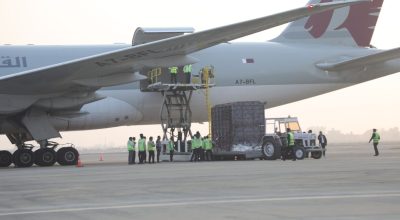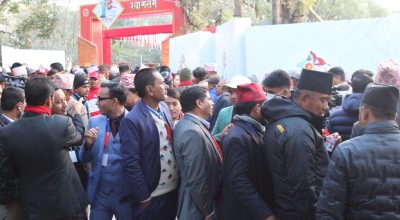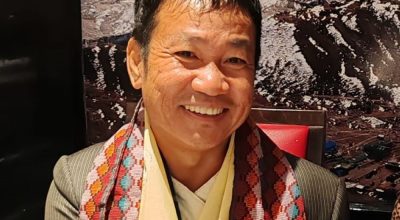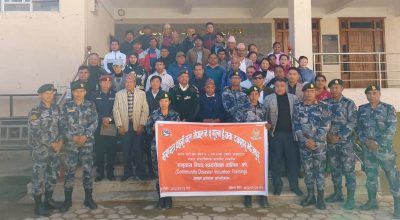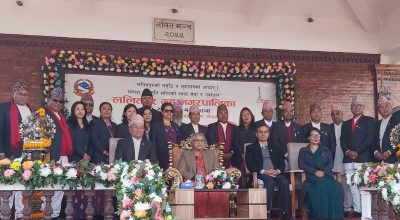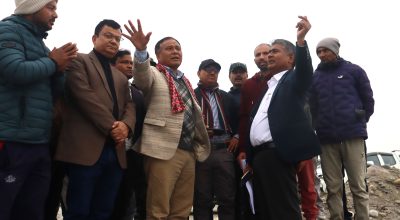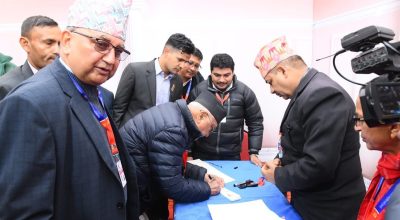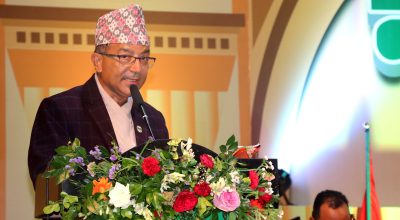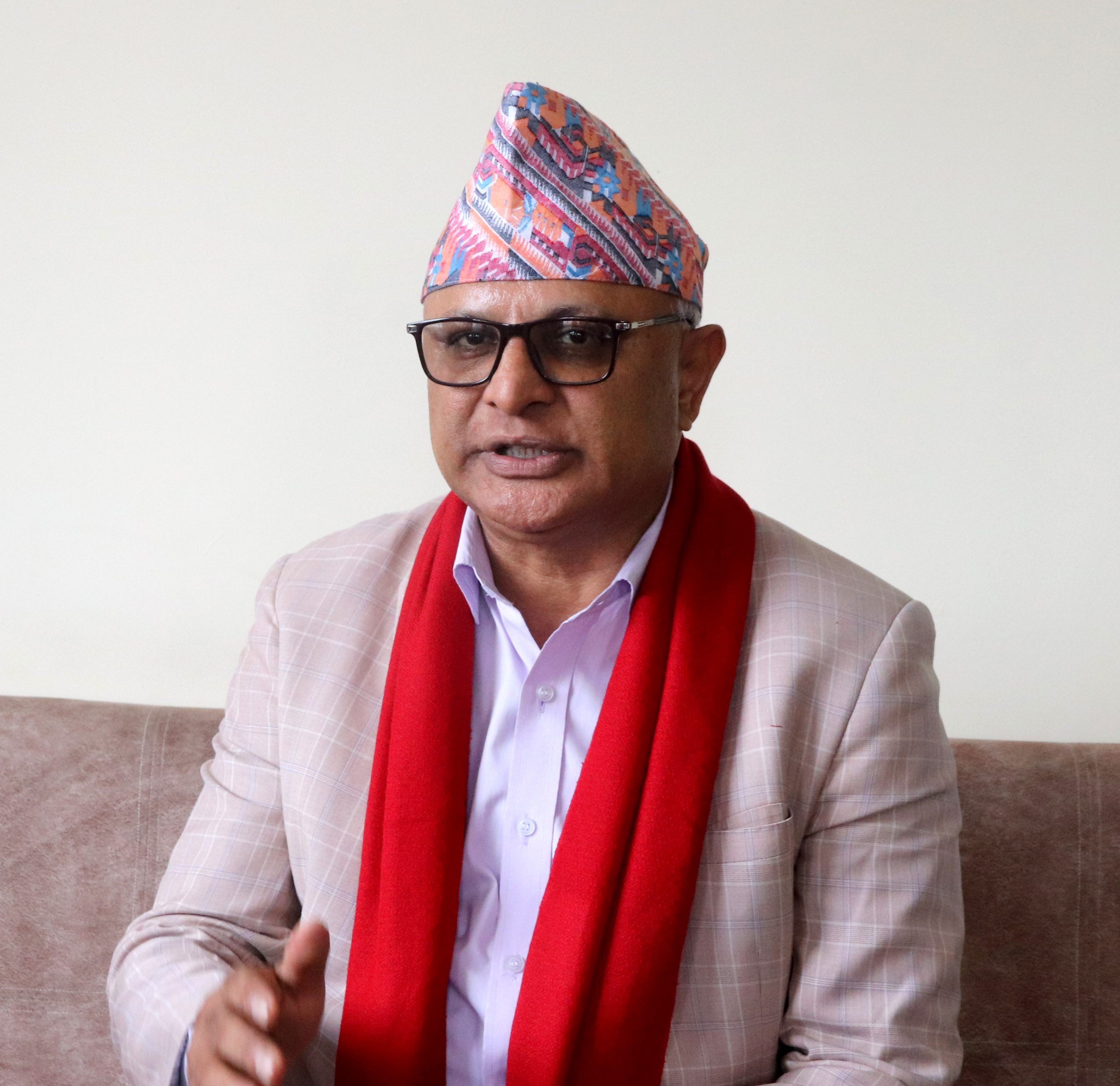
Koshi Province Chief Minister Hikmat Karki was appointed for the third time as the Chief Minister on Baisakh 27, 2081. Previously, he served as Chief Minister on Poush 25, 2079, and Bhadra 22, 2080. A leader of the Communist Party of Nepal (CPN UML), Karki holds a Master’s degree in Law (LL.M) from Tribhuvan University. He was elected to the Provincial Assembly in 2074 BS and again in 2079 BS from Jhapa Constituency-5(A). Previously, he served as the Minister for Internal Affairs and Law in the inaugural provincial government.
Since becoming Chief Minister, Karki has overseen significant initiatives aimed at fostering long-term development in Koshi Province. His leadership has been pivotal in naming the province, building permanent structures, and strengthening federalism. These initiatives, along with efforts to advance economic prosperity and social development, mark his tenure.
Strengthening Provincial Structures
Reflecting on the federal structure, Chief Minister Karki remarked that while seven years of federalism is not a long period, significant strides have been made, particularly in infrastructural development such as roads and bridges. However, challenges persist, including insufficient human resources, financial constraints, and limited revenue sources. Karki emphasized that provincial governments, being closer to the people, are essential for effective service delivery, despite criticism stemming from the country’s history as a centralized state.
Implementation Challenges for Exclusive Rights
The provincial government has enacted over 60 laws, with plans to pass 60-65 more by the end of the fiscal year. However, delays in federal laws, such as the Federal Civil Service Act, have hampered the effective implementation of exclusive rights under Schedule 6 of the Constitution. Karki stressed the need for federal support in staffing and resource allocation to bolster provincial autonomy.
Vision for Tourism and Investment
Karki announced plans for a Visit Koshi Year, aimed at promoting tourism and economic growth. The initiative will include events to attract national and international tourists, leveraging the province’s natural beauty, agricultural products like tea, and religious sites. Additionally, the province will host its first Investment Summit in Baisakh, showcasing 100 potential projects across sectors like agriculture, tourism, and infrastructure.
Tea Industry and Branding
Koshi Province produces 90% of Nepal’s tea. To enhance its global reach, the province will organize a Tea Conference in Ilam and Kanyam, focusing on branding and export opportunities. The event will involve experts, entrepreneurs, and farmers to develop strategies for maximizing profits and market presence.
Milestone Projects
Key initiatives include constructing four trekking routes—Chiyabari, Mahaguru Falgunanda, Laligurans, and Mundum trails—spanning 400 kilometers. These trails aim to boost tourism, create jobs, and reduce migration. Funded jointly by the Swiss government, Nepal, and the province, the project will be completed within a year. Additionally, a project under the Nepal government’s Credit Protection and Investment Fund is set to employ 1,000 youth in IT-related jobs.
Revenue and Economic Sustainability
Koshi Province aims to increase its revenue by 20% this year, addressing its reliance on federal allocations. Karki advocated for raising royalty shares from 25% to 50% and revenue distribution from 15% to 25% to empower provinces economically.
Commitment to Social Justice and Prosperity
Chief Minister Karki emphasized the importance of amending the Constitution to further strengthen provincial governance. By enhancing economic and administrative rights, the province aims to become self-reliant and sustainable, fulfilling its vision of a prosperous Koshi Province. #koshi #nepal






